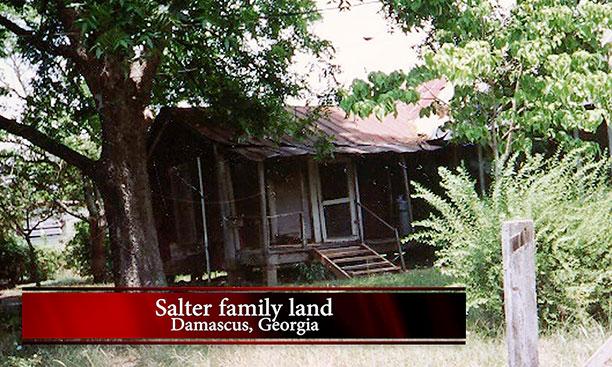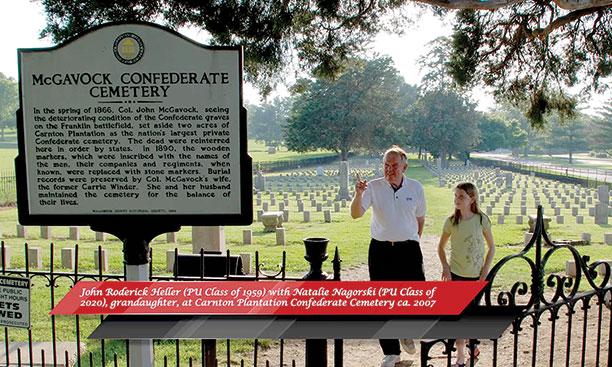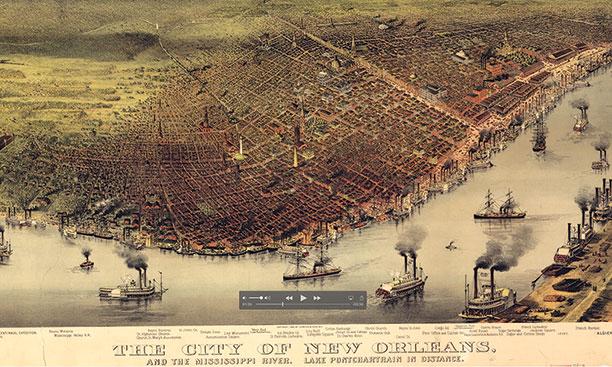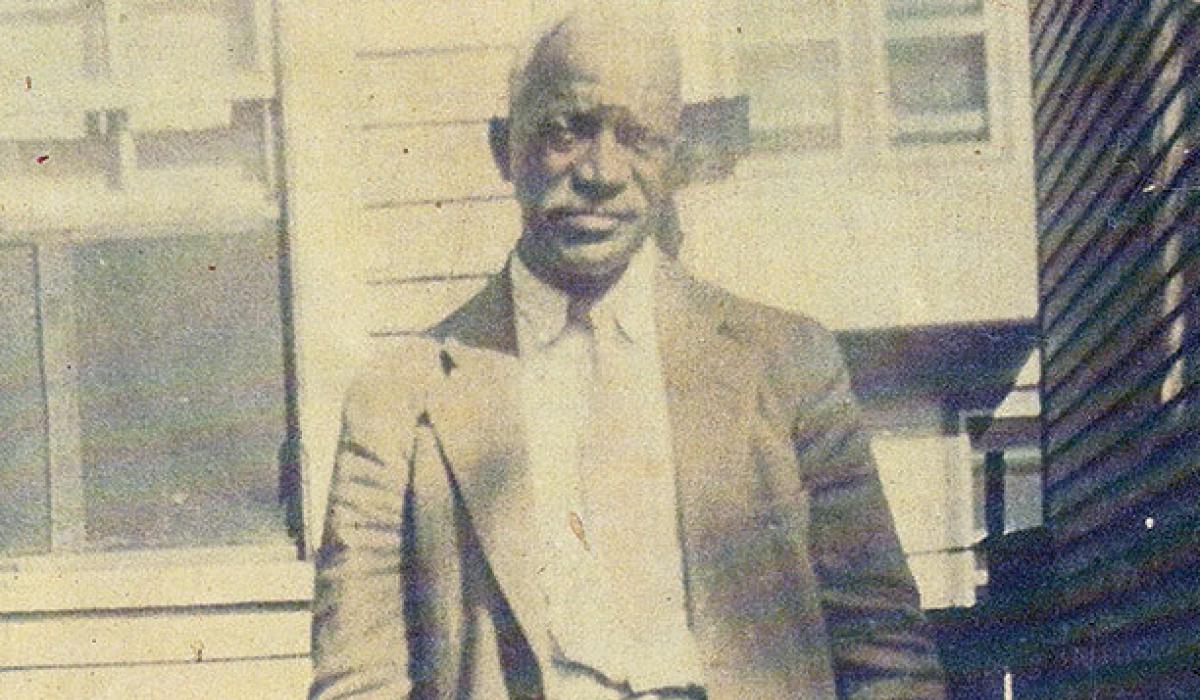As part of the Princeton & Slavery Project, students made short videos that illustrate how the legacy of slavery continues to have an impact on Princetonians. The students interviewed alumni and family members and used archived materials to tell multifaceted stories about ancestors’ relationships to the institution of slavery. The videos can be seen at https://slavery.princeton.edu/visualizations/videos. Compiled by James Haynes ’18
Kim Pearson ’78
Eli Berman ’20 interviewed Kim Pearson ’78, who describes the pain she felt upon learning about her great-grandfather Jordan Mitchell, above, who had been enslaved as a young child. Pearson found Mitchell’s name in a tax record that listed the slaves belonging to a family in Hancock County, Ga.
Pearson: “The things that are supposed to help you understand yourself — whether it’s the history books, or the primary or secondary documents — you can’t trust those things. You can’t. Because there’s a whole lot of missing information because your family wasn’t important enough for anybody to keep track of them, except as property.”

Destiny Salter ’20
Christo Ritter ’20 interviewed Destiny Salter ’20, whose earliest known ancestor was purchased in 1796 by Henry Salter in Early County, Ga. Destiny Salter’s great-great-great-grandfather Berny was freed after the Civil War, registered to vote, became a sharecropper, and eventually bought land from the white Salter family that remains in her family today.
Salter: “I was not at all surprised to learn about Princeton’s connection to slavery ... this place was not built for people that look like me, and yet I’m here. I made it here, and I’m going to graduate from this institution, and so knowing its connections to slavery makes me feel the progress, in a way.”

John Roderick Heller III ’59
Natalie Nagorski ’20 interviewed her grandfather John Roderick Heller III ’59, a descendant of a slaveholding family.
Heller: “I’m embarrassed and disappointed that my own ancestors were a part of [the institution of slavery]. On the other hand, they happened to settle in the South rather than in the North, so they wound up in an area of slavery over which they presumably had almost no control. I’ve never felt that the sins of the fathers were visited on the descendants.”

Natalie McGowen ’20
Destiny Salter ’20 interviewed Natalie McGowen ’20, an African American student who learned that she is descended from a black slaveholder. McGowen’s great-great-great-grandfather was a property-owning second lieutenant in a mulatto militia.
McGowen: “We always have this image when you’re learning about slavery of a white master and a black slave, so it’s kind of crazy to know that my black ancestor would enslave people of his own race, and it is upsetting.”


